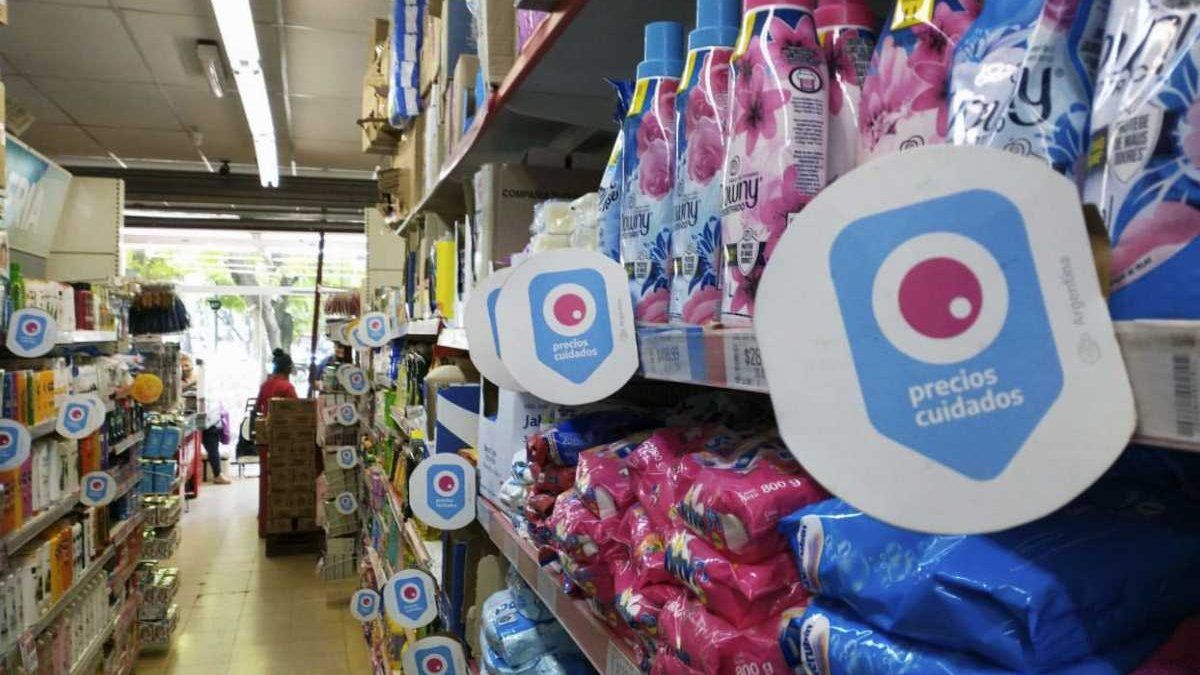However, for this to happen, wholesalers have a key role: to have the products on their shelves, since neighborhood businesses are supplied there, without direct contact with food companies or distributors. In this sense, Fernando Savore, president of the Federation of Grocers of the province of Buenos Aires, told Ámbito that in a tour of two wholesalers he was able to find just a handful of products.
“There were products like Taragui yerba mate or Chef purée, but we do not find essential goods such as sugar or oil. Domino sugar that we would have to buy at $62 at the wholesaler and sell at $92 at the store, they sold it at $96,” said Savore. It is that the agreement with the Ministry of Internal Trade was for the sale price in wholesalers to guarantee a profit margin.
For this reason, tomorrow there will be a meeting at the Ministry of Productive Development with the wholesalers. However, sources close to Feletti affirmed that from the moment a new program is launched until it actually reaches the gondolas, several days go by due to logistics and supplies. In addition, they recalled that Care Prices is a voluntary agreement, so there are businesses that can choose not to join. There are several mayors who requested that it work, due to the lack of hypermarkets in some areas, which They anticipate that they will join the monitoring in the territory.
Liliana Schwindt, Undersecretary of Actions for the Defense of Consumers, anticipated that “the implementation of this proximity basket is going to take a while”. As she explained, this is because the program is new. “Now the second stage begins, which has to do with identifying the neighborhood stores, Chinese supermarkets and self-service stores that are going to join,” she added.
In statements to Radio 10, Schwindt anticipated that this Tuesday there will be a meeting with wholesalers, “to check that they are selling the agreed products at the established prices.” Regarding the deadlines for the program to be fulfilled, he assured: “You have to consider that there is an issue that has to do with stocks and flows. It may be that a grocer joins, but buys the products from the proximity basket within 10 or 15 days, because at the moment it has stock. So that merchant will take a few days to implement the basket in his gondola.”
“Federalize”: the request of supermarkets
Supermarketers from all over the country, grouped in the CAS and FASA chambers, were received in recent days by Feletti. They raised the “firm decision” to continue participating in Care Prices, which has been operating in supermarkets for years, today with a basket of more than 1700 mass consumption products. However, they complained to the Secretariat for the lack of food supply.
“We propose that the program be truly federal, the regional chains want to accompany it so that it reaches the interior due to the capillarity we have, with more than 25,000 branches throughout the country, but we depend on suppliers, because today the presence of Precious Care is supplied by 40-45%”Víctor Palpacelli, president of the Argentine Federation of Supermarkets and Self-Services (FASA), told Ámbito.
They also complained about the popular cuts of meat. “It is not reaching the regional chains, they told us that in the next 3 days they will do a survey with the refrigerators to see which ones deliver, and if not they will be prohibited from exporting,” Palpacelli said. On the other hand, pessimistically observed that one day the basket of 5 fruits and vegetables at regulated prices that for now prevails in AMBA supermarkets can be federalized. “It would be important for us, they told us that they expect to expand it, but it is very difficult to organize because it is perishable food,” he commented.
Source: Ambito
David William is a talented author who has made a name for himself in the world of writing. He is a professional author who writes on a wide range of topics, from general interest to opinion news. David is currently working as a writer at 24 hours worlds where he brings his unique perspective and in-depth research to his articles, making them both informative and engaging.




